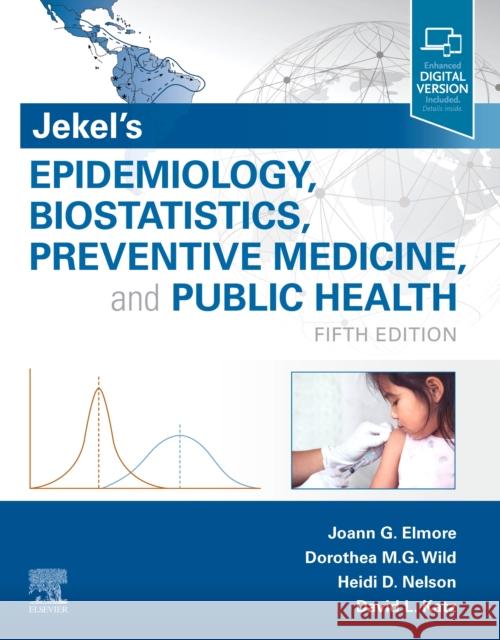Jekel's Epidemiology, Biostatistics, Preventive Medicine, and Public Health » książka
topmenu
Jekel's Epidemiology, Biostatistics, Preventive Medicine, and Public Health
ISBN-13: 9780323642019 / Angielski / Miękka / 2020 / 464 str.
Kategorie BISAC:
Wydawca:
Elsevier - Health Sciences Division
Język:
Angielski
ISBN-13:
9780323642019
Rok wydania:
2020
Dostępne języki:
Ilość stron:
464
Oprawa:
Miękka
Dodatkowe informacje:
Bibliografia
Wydanie ilustrowane
Wydanie ilustrowane











